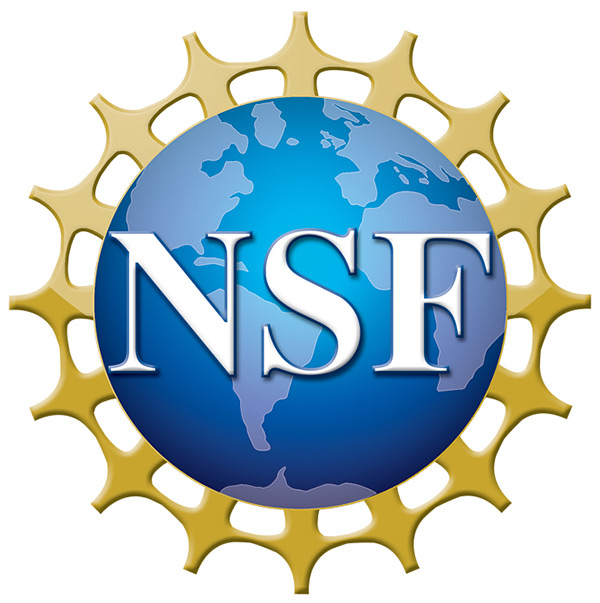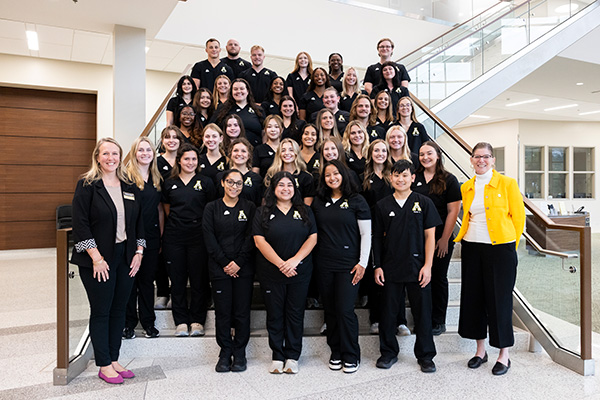BOONE—A four-year, $1,165,039 grant from the National Science Foundation awarded to Appalachian State University will help address the shortage of math and science teachers in rural schools.
The grant will provide scholarships for mathematics and science majors who agree to teach in rural, high-need schools, provide a stipend for mentors who will work with the students and provide field experiences for them, and develop materials and educational experiences for the prospective teachers geared toward successful teaching in a rural environment, among other activities.
The grant is part of the NSF’s Robert Noyce Teaching Scholarship designed to respond to the critical need for K-12 teachers of science, technology, engineering and mathematics (STEM) by encouraging talented STEM students and professionals to pursue teaching careers in elementary and secondary schools.
This will be accomplished in part through an interdisciplinary team of math and science professors at Appalachian who are part of a project called TEAMS – Teaching for Equity in Appalachia in Mathematics and Science. Their work, supported by the NSF grant, will focus on the specific skills and abilities needed for teaching in rural, high-needs schools.
TEAMS is led by Professor Tracie McLemore Salinas from the Department of Mathematical Sciences and Anthony G. Calamai, dean of the College of Arts and Sciences, along with Professor Tracy Goodson-Espy and Associate Dean David Wiley, both from the Reich College of Education.
“Frequently, students in high-need, rural schools have less exposure to career and educational options, providing them with fewer examples of the applicability or availability of mathematics and sciences in careers,” Salinas said. “These schools frequently have greater teacher turnover in classrooms and have less experienced or less credentialed teachers, resulting in inconsistent mathematics and science teaching.”
This can mean that schools need a pool of qualified teachers who are well prepared for life in a rural area and who have the flexibility to meet the needs of students who may have experienced inconsistent mathematics and science teaching. Cultural values related to community and individuals must also be respected in classroom instruction and discussion.
“Many textbooks or materials feature strictly suburban or urban contexts, scenarios and values,” Salinas said. “Providing alternatives that are respectful of the rural experience is key to engaging students in a way that develops their ability to interact with both the STEM culture and that of their families and communities.”
The first scholarships will be awarded this fall semester for the 2015-16 year. Scholarships are available at $10,000 per year and are renewable for up to three years. Requirements include a commitment to teach in high-needs rural schools for two years for each year they receive scholarship support, along with select academic criteria, such as a minimum grade point average.
Math and science faculty will work with the university’s Public School Partnership schools to provide access to field experiences and positions in high-needs area that will assist students in meeting their commitment.
The program is expected to graduate at least 20 mathematics and science high school teachers in its four years and will provide opportunities for Appalachian to expand its partnerships with school districts in the region.
About Appalachian State University
As a premier public institution, Appalachian State University prepares students to lead purposeful lives. App State is one of 17 campuses in the University of North Carolina System, with a national reputation for innovative teaching and opening access to a high-quality, cost-effective education. The university enrolls more than 21,000 students, has a low student-to-faculty ratio and offers more than 150 undergraduate and 80 graduate majors at its Boone and Hickory campuses and through App State Online. Learn more at https://www.appstate.edu.
What do you think?
Share your feedback on this story.












